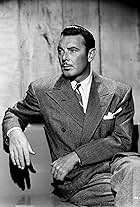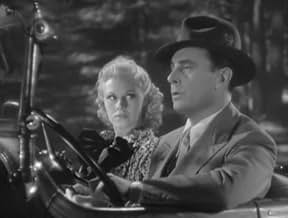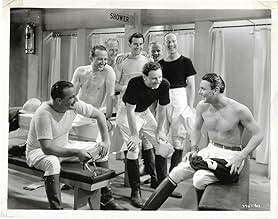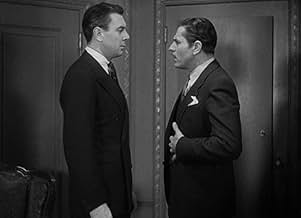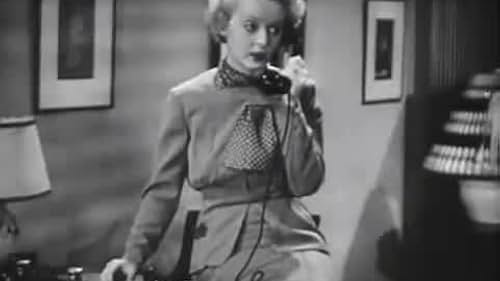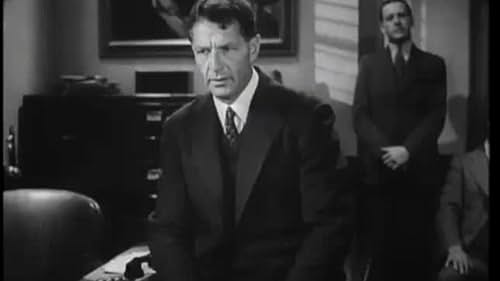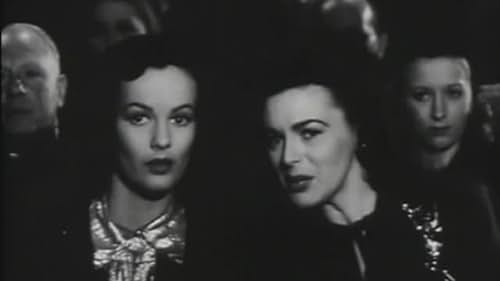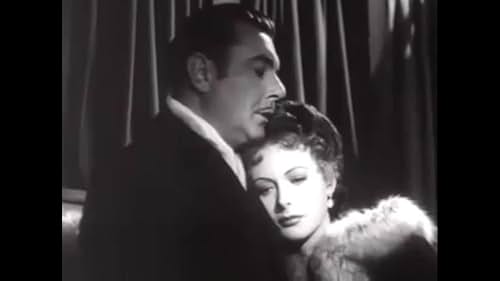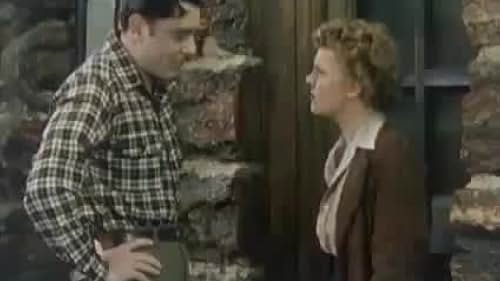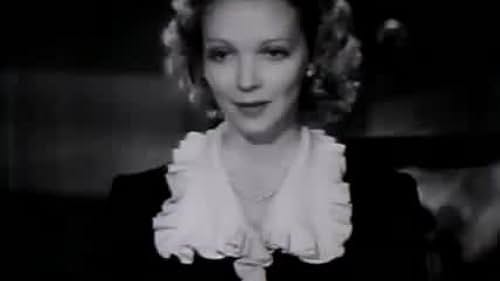George Brent(1904-1979)
- Actor
- Soundtrack
The favorite leading man of star
Bette Davis was born George Brendan Nolan in Ballinasloe, County Galway, Ireland (although his place of birth has also been variosuly given as Raharabeg, County Roscommon and Shannonbridge, County Offaly). He was the youngest of five children born to shopkeeper John J. Nolan and Mary (McGuinness) Nolan, who lived on Main Street in Ballinasloe. His parents separated, making him an orphan from the tender age of eleven. From 1915, he lived with maternal relatives in New York until he was old enough to earn money. To make ends meet, he briefly became a sheep herder and even crossed the Atlantic to find work in the gold fields of South Africa.
George eventually returned to Ireland to study at the University of Dublin. By 1921, he had become -- despite his paternal ancestors' service in the British Army -- a despatch courier for Irish Republican Army guerrilla leader Michael Collins during the "The Troubles". At his time he was hunted by the Black and Tans with a bounty on his head. Goerge had, by then, developed an interest in acting and (partly to cover up his nightly activities for Sinn Fein) joined the Abbey Theatre Players. Tipped off by a double agent to his imminent arrest by British soldiers, he went into hiding and later skipped town. His return to acting was necessitated by the need for a sustainable source of income. By August 1921, he had returned to the U.S. via Canada.
Back in New York four years later, he toured with the hit play 'Abie's Irish Rose' and then with stock companies in Colorado, Florida, and Massachusetts, appearing in the ensemble cast of 'The Nightingale' on Broadway' (1927). Another three years on, George co-starred (with Alice Brady and Clark Gable) in the short-lived play 'Love, Honor and Betray'.
He worked in Hollywood from 1930, initially playing farmers, doctors and partner of Rin Tin Tin, before Warner Brothers finally recognised his potential as a handsome leading man for some of their more temperamental female stars. One of those was Ruth Chatterton who picked him to play opposite her in The Rich Are Always with Us (1932). This was the first of four films he made with the actress, whom he eventually married. They divorced after just two years. A specialist in dapper, sophisticated gentlemen, George gave reliable support to such stars as Greta Garbo, Hedy Lamarr, Barbara Stanwyck, and Bette Davis (with whom he appeared in 11 films). However, he could rarely be described as dynamic. In his own words, all a good leading man needed 'was a good haircut since an audience was only ever likely to see the back of his head'. On the other hand, he was able to accumulate six marriages, among his wives another Warner Brothers star (Ann Sheridan).
At his best opposite Davis (with whom he had an affair), the two appeared in 11 films together, including Front Page Woman (1935), Dark Victory (1939), The Old Maid (1939), and The Rains Came (1939). When lead roles became scarce, he appeared against type as the maniacal murderer in the Robert Siodmak-directed thriller The Spiral Staircase (1946). Following that, there were several B-movies on both sides of the Atlantic, after which Brent retired from acting to concentrate on breeding race horses. He died of emphysema in 1979, aged 75.
George eventually returned to Ireland to study at the University of Dublin. By 1921, he had become -- despite his paternal ancestors' service in the British Army -- a despatch courier for Irish Republican Army guerrilla leader Michael Collins during the "The Troubles". At his time he was hunted by the Black and Tans with a bounty on his head. Goerge had, by then, developed an interest in acting and (partly to cover up his nightly activities for Sinn Fein) joined the Abbey Theatre Players. Tipped off by a double agent to his imminent arrest by British soldiers, he went into hiding and later skipped town. His return to acting was necessitated by the need for a sustainable source of income. By August 1921, he had returned to the U.S. via Canada.
Back in New York four years later, he toured with the hit play 'Abie's Irish Rose' and then with stock companies in Colorado, Florida, and Massachusetts, appearing in the ensemble cast of 'The Nightingale' on Broadway' (1927). Another three years on, George co-starred (with Alice Brady and Clark Gable) in the short-lived play 'Love, Honor and Betray'.
He worked in Hollywood from 1930, initially playing farmers, doctors and partner of Rin Tin Tin, before Warner Brothers finally recognised his potential as a handsome leading man for some of their more temperamental female stars. One of those was Ruth Chatterton who picked him to play opposite her in The Rich Are Always with Us (1932). This was the first of four films he made with the actress, whom he eventually married. They divorced after just two years. A specialist in dapper, sophisticated gentlemen, George gave reliable support to such stars as Greta Garbo, Hedy Lamarr, Barbara Stanwyck, and Bette Davis (with whom he appeared in 11 films). However, he could rarely be described as dynamic. In his own words, all a good leading man needed 'was a good haircut since an audience was only ever likely to see the back of his head'. On the other hand, he was able to accumulate six marriages, among his wives another Warner Brothers star (Ann Sheridan).
At his best opposite Davis (with whom he had an affair), the two appeared in 11 films together, including Front Page Woman (1935), Dark Victory (1939), The Old Maid (1939), and The Rains Came (1939). When lead roles became scarce, he appeared against type as the maniacal murderer in the Robert Siodmak-directed thriller The Spiral Staircase (1946). Following that, there were several B-movies on both sides of the Atlantic, after which Brent retired from acting to concentrate on breeding race horses. He died of emphysema in 1979, aged 75.
